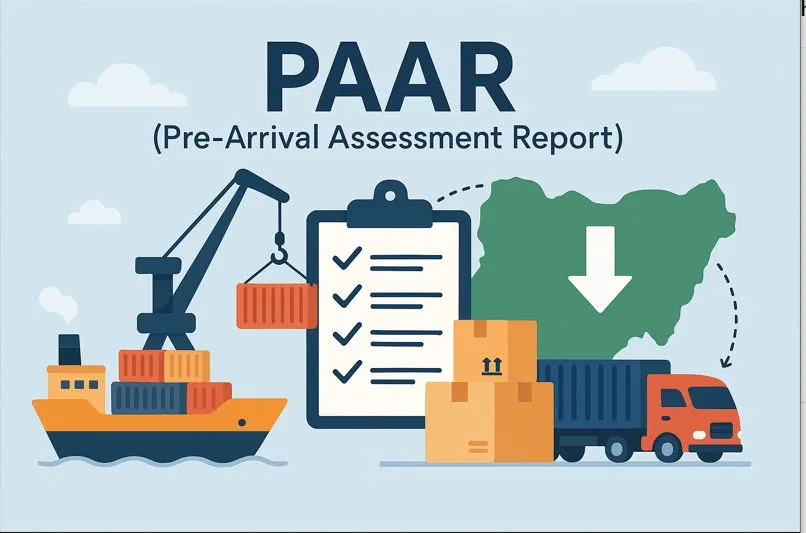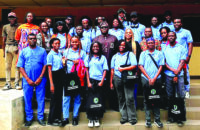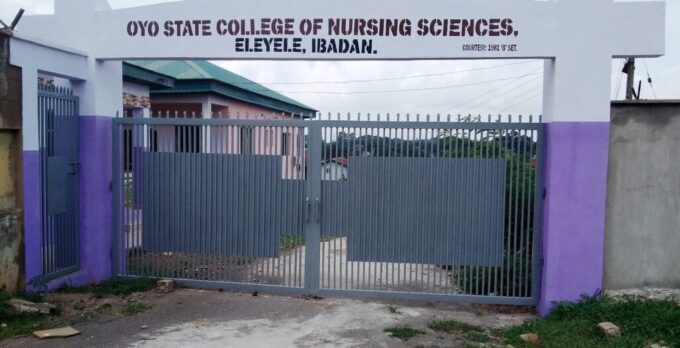From Godwin Tsa, Abuja
The Nigeria Customs Service (NCS) has addressed concerns from importers and licensed customs agents over delays in transmitting Product Certificates and SONCAP documents necessary for processing Pre-Arrival Assessment Reports (PAAR).
The National Public Relations Officer, Assistant Comptroller Abdullahi Maiwada, in a statement on Thursday, August 7, 2025, confirmed that the disruption was caused by technical integration challenges during the onboarding of the Standards Organisation of Nigeria (SON) onto the new B’Odogwu trade facilitation platform on July 23, 2025.
Maiwada explained that the glitch temporarily affected the accurate capturing and processing of Form M, PAAR, and Single Goods Declaration (SGD) data. Specific issues included limited character fields for trader names, formatting inconsistencies, missing 10-digit product codes, vague error prompts, and failure to link traders’ Tax Identification Numbers (TINs) to their profiles.
“While the Customs Service quickly resolved the issues within its own system, additional coordination with SON was required to fully rectify the situation,” the statement read.
As of Wednesday, August 6, 2025, both agencies have successfully resolved the transmission faults. The NCS confirmed that Product Certificates and SONCAP documents are now flowing seamlessly through the B’Odogwu system, and the backlog of affected transactions is being cleared.
To prevent future disruptions, the NCS has expanded the implementation of the B’Odogwu platform across all zones—A, B, C, and D. Trained officers have been deployed nationwide to provide technical support and guidance to traders and licensed customs agents.
The Customs Service reaffirmed its commitment to stakeholder engagement, transparency, and operational excellence. Ongoing training sessions are being conducted at various commands to enhance user competence and address emerging challenges associated with the platform.
The B’Odogwu platform is part of NCS’s broader efforts to streamline import documentation, improve automation, and promote efficiency within the port and trade facilitation ecosystem.


















Leave a comment